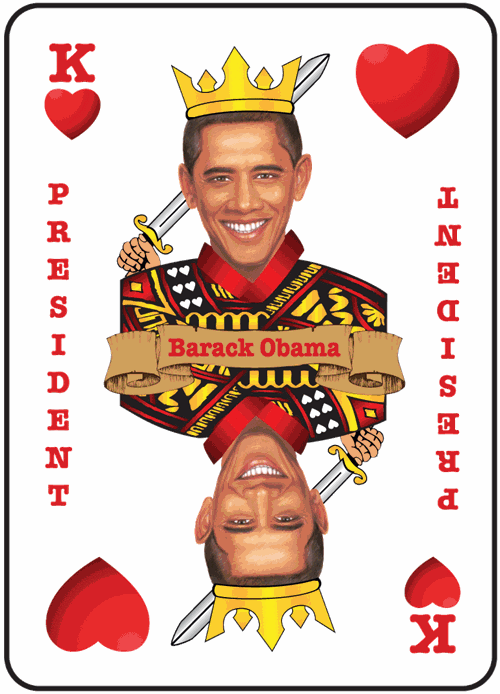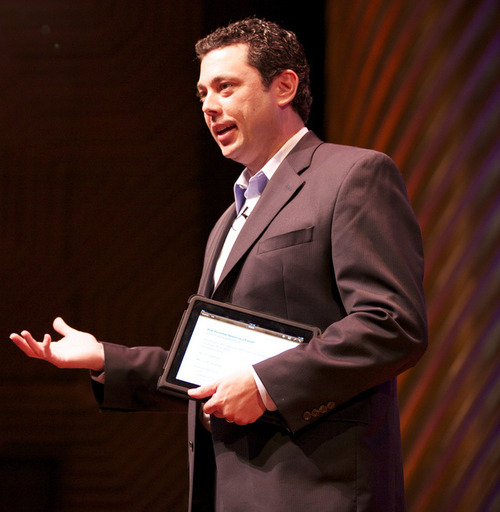
By Yaël Ossowski / March 5, 2015 / Watchdog.org
Taking risks and reaping huge rewards may be a fixture of American politics, but a bill being pushed through committee may completely outlaw the chance for Americans to do the same from their home computer
or smartphone on Internet gambling websites.
At least that’s the idea behind H.R. 707, a bill introduced by anti-gambling champion U.S. Rep. Jason Chaffetz, sent to the House Judiciary Committee after it was introduced last month for a scrupulous examination by lawmakers.
The Restoration of America’s Wire Act, as Chaffetz and his 14
co-sponsors named it, would restore the 1961 prohibition on certain
types of gambling establishments and extend that definition to bets made
on websites.
Since the Justice Department issued a ruling in 2011 reinterpreting the Federal Wire Act,
the floodgates for online gambling websites within the country’s
borders have been held wide open, assuming they weren’t already banned
by state law.
The Utah Congressman and GOP rising star is joined by 11 Republicans
and three Democrats in sponsoring the bill, including several
representatives from southern states.

Chaffetz and main co-sponsor U.S. Rep. Tulsi Gabbard of Hawaii, a
Democrat, represent the only two states in the union that completely ban
online gambling.
Chaffetz’s claims he’s doing it for the children.
“That is so offensive and wrong,” he told reporters in D.C. last month.
“When you’re a 7-year-old kid and there is no physical barrier, and all
you need to do is get your iPhone, that becomes a whole new world.”
“This is the Wild Wild West,” he said. “There are no rules, no prohibitions, no structure, no oversight, nothing.”
In order to achieve this, therefore, congressional Republicans such
as Chaffetz push the idea the federal government has a controlling
interest in whether Americans should be allowed to places bets and win
money online.
The real heart of the issue, therefore, is whether it’s a determination to be made by the federal or state governments.
Should a man playing for money in poker online be prohibited from
doing so by the U.S. government or should he have to adhere to state
laws that could very well support his hobby?
“The effect of HR 707 would focus almost exclusively on shutting down
state-authorized poker, lottery and gaming sites, and banning future
sites,” Rich Muny, vice president of the Poker Players Alliance, told
Watchdog.org.
“In other words, while they speak to ‘rogue’ offshore sites, HR 707
is all about law-abiding sites licensed and regulated by state gaming
authorities,” said Muny.
The PPA was formed in 2006, the same year Congress passed the
Unlawful Internet Gambling Enforcement Act, which slowly strangled the
then-booming online poker market, in which offshore operators in places
like Antigua and the Isle of Man operated international poker games in
which Americans participated.
Following passage of UIGEA, market leader Party Poker immediately
pulled out of the United States. The Department of Justice shut down the
two remaining major sites, PokerStars and Full Tilt Poker, in 2011,
resulting in some Americans moving to places like Canada and Costa Rica
so they can continue to ply their online poker trade.
Muny said passing RAWA would immediately shut down poker operations
in Nevada and completely outlaw gaming and poker websites in New Jersey
and Delaware. Six other states that sell lottery tickets online would
also be affected.
A hearing on the bill was due to take place Thursday, but has been rescheduled to a later date.
A coalition of free market think tanks and organizations that include
the Competitive Enterprise Institute, Americans For Tax Reform, the
American Conservative Union, and Campaign For Liberty signed a letter stating their opposition to the bill in November.
“The real intention of this bill is to remove the state’s 10th
Amendment authority to regulate online gambling as states see fit within
their own borders,” reads the letter. “We hope you will not allow RAWA
to become yet another instance where the federal government expands its
encroachment into the states’ purview.”
Many critics of the bill point to the overwhelming influence of casino mogul Sheldon Adelson, known for sinking tens of millions of dollars into former House Speaker Newt Gingrich’s 2012 campaign to win the Republican nomination for president.
Poker industry insiders say the bill Adelson supports would ban
online gambling, a significant competitor to Adelson’s string of
casinos.
“Adelson pledged to ‘spend whatever it takes’ to pass this
legislation, and he’s making good on that pledge — at least the spending
part,” said Muny. “He and Las Vegas Sands Corp. lobby Congress
extensively for this bill.”
Adelson is chairman and CEO of Las Vegas Sands Corp., which has already spent over $1 million to lobby for the bill, according to the Center for Responsive Politics, which tracks political spending.